In Brief:
- Sweden applied to join NATO following Russia's full-scale invasion of Ukraine in 2022.
- Sweden's final hurdle to join NATO has been overcome with Hungary's parliament ratifying the bid.
- Hungary's Prime Minister, Viktor Orban, who has close ties to Russia, had previously delayed the approval process.
- Sweden's Prime Minister, Ulf Kristersson, hailed the development as a "historic day" and a "big step" for Sweden to abandon 200 years of neutrality.
- NATO Secretary General, Jens Stoltenberg, stated that the Hungarian decision makes the alliance "stronger and safer".
Situation Report
Sweden’s bid to join NATO has been ratified by Hungary’s parliament, clearing the last obstacle for the Nordic nation to join the defense alliance. This development comes in the wake of Russia’s full-scale invasion of Ukraine in 2022, which prompted Sweden’s application to join NATO. Hungary, under Prime Minister Viktor Orban, had been delaying the ratification process, accusing Sweden of hostility.
However, Orban recently stated that Hungary and Sweden are now “prepared to die for each other”, signaling a shift in relations between the two nations. Sweden’s Prime Minister, Ulf Kristersson, described the ratification as a “historic day” and a significant move for Sweden to abandon its 200-year long neutrality. NATO Secretary General, Jens Stoltenberg, welcomed the development, stating that it made the alliance “stronger and safer”.
The parliamentary approval now awaits the president’s signature, following which a formal invitation will be extended to Sweden to join the 31-member group. This process is expected to last a few days.
Assessment
The approval of Sweden’s NATO membership by Hungary’s parliament marks a significant shift in Europe’s geopolitical landscape. Sweden’s decision to abandon its long-standing neutrality reflects the escalating tensions and shifting alliances triggered by Russia’s invasion of Ukraine. This development could potentially strengthen NATO’s position, as suggested by Secretary General Jens Stoltenberg, and may serve as a deterrent to further aggressive actions by Russia.
However, this move may also heighten tensions between NATO and Russia, given that the latter views NATO’s expansion as a threat to its security. The addition of Sweden to the alliance could potentially alter the balance of power in the region, and may provoke further reactions from Russia. It will be crucial to monitor how this development influences the dynamics between NATO and Russia, as well as its impact on the ongoing conflict in Ukraine.




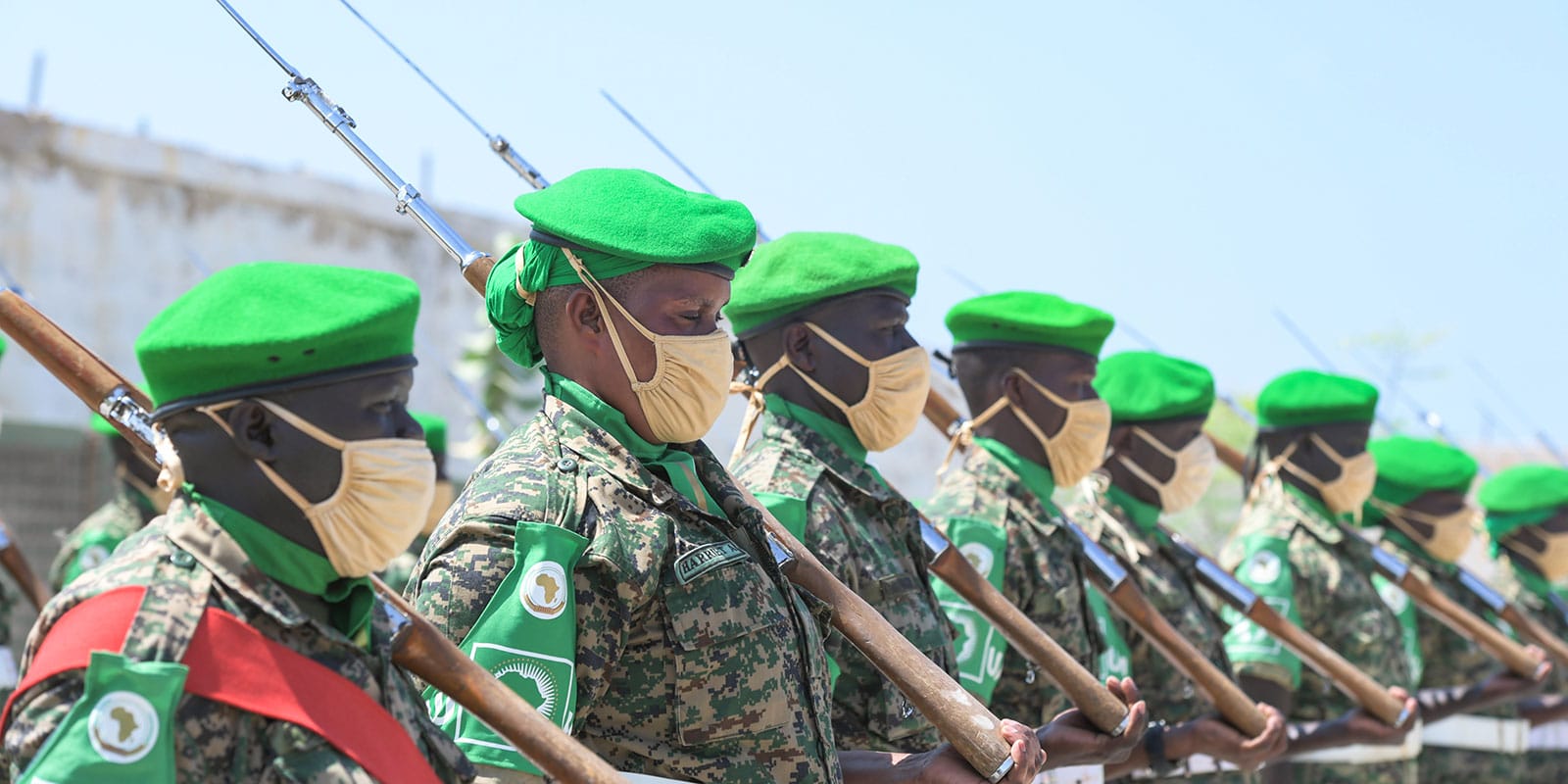
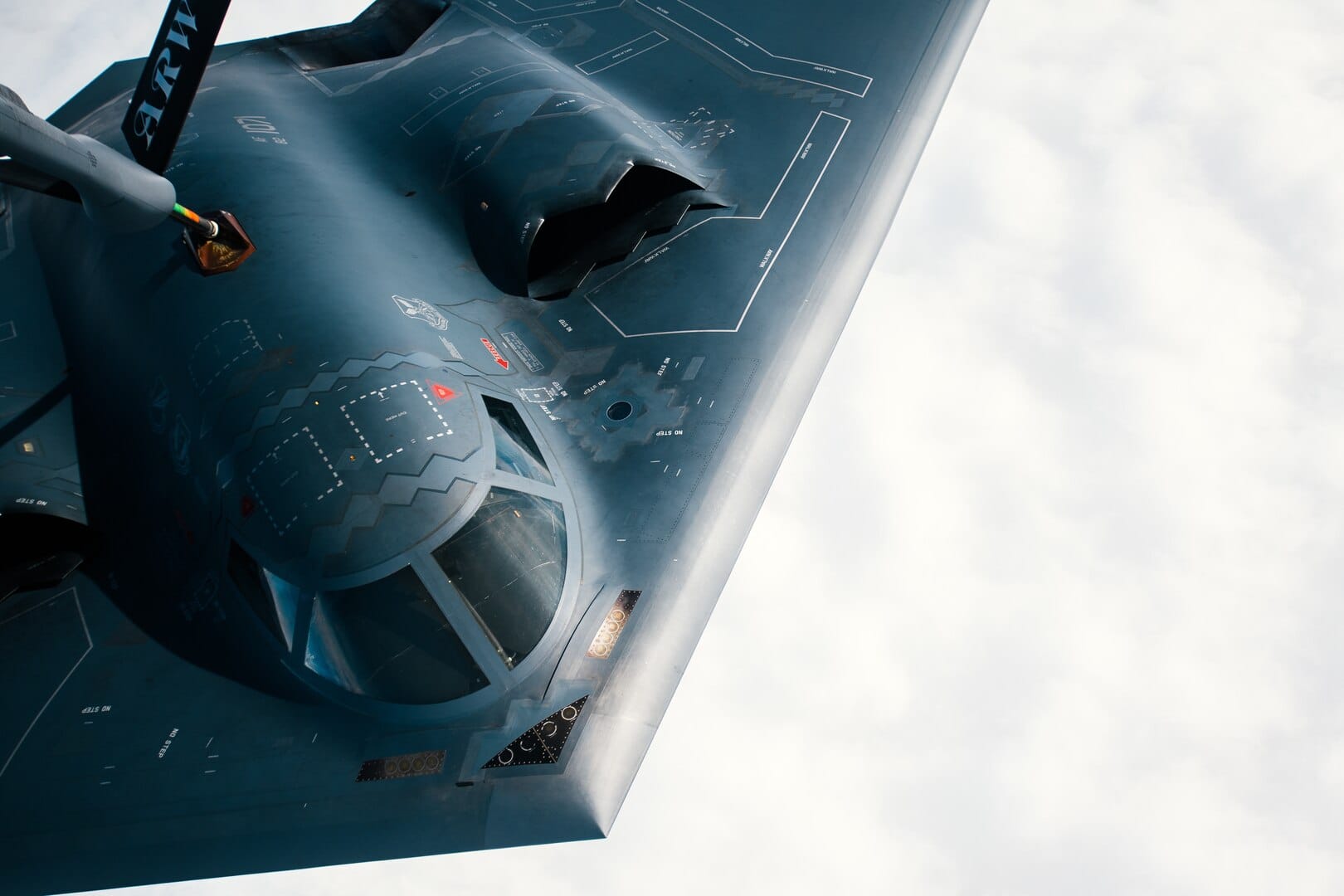

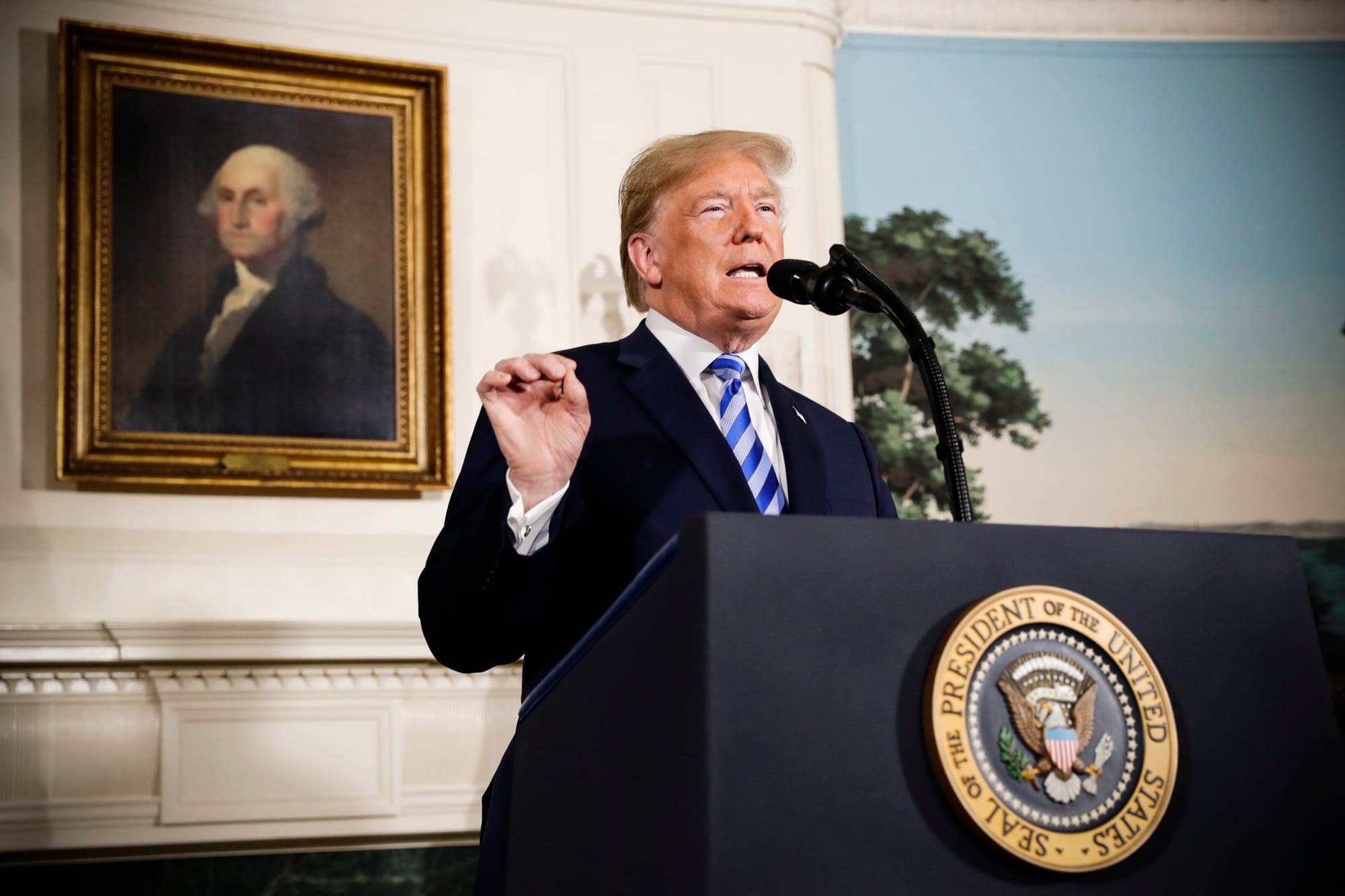
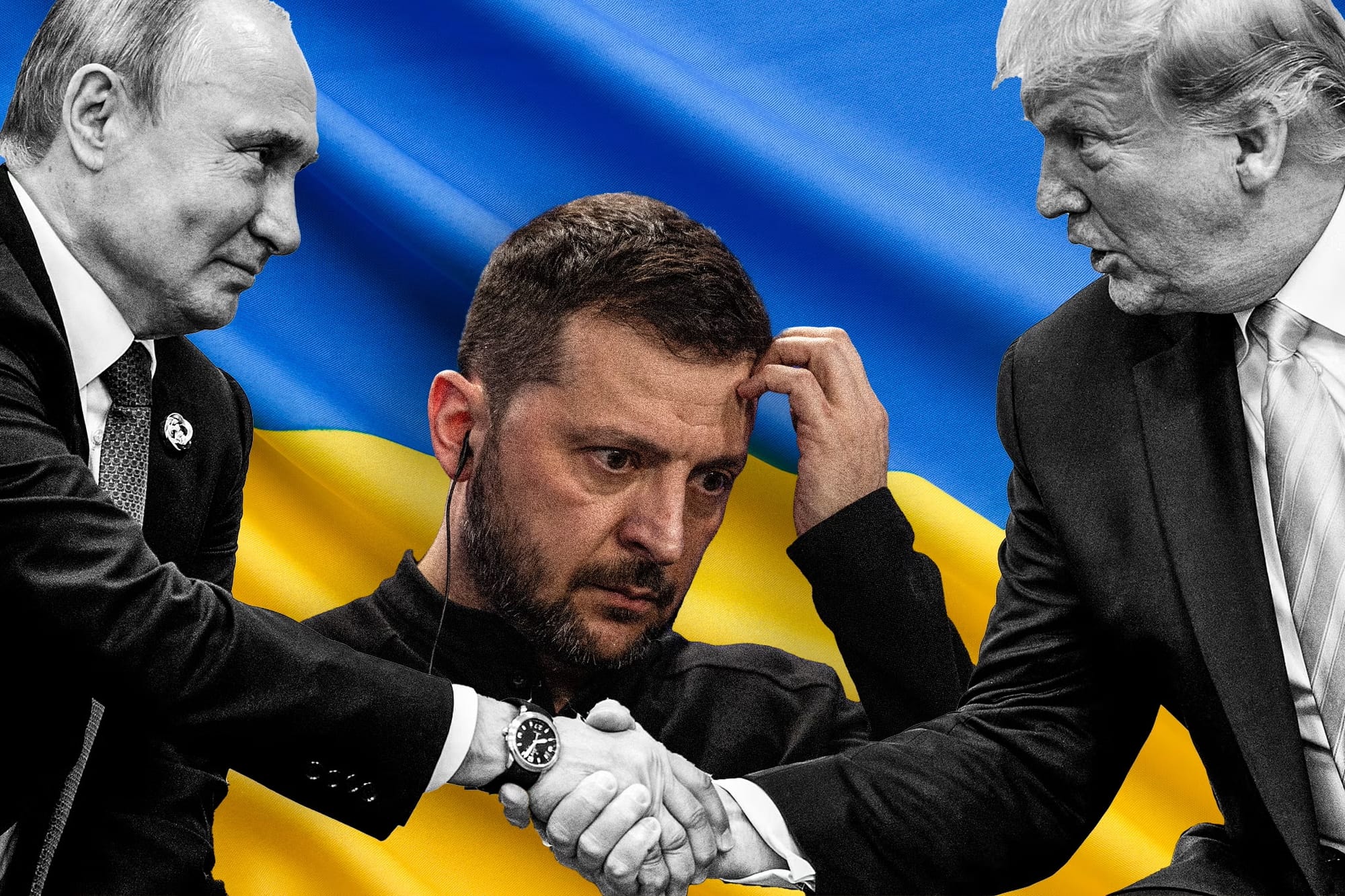

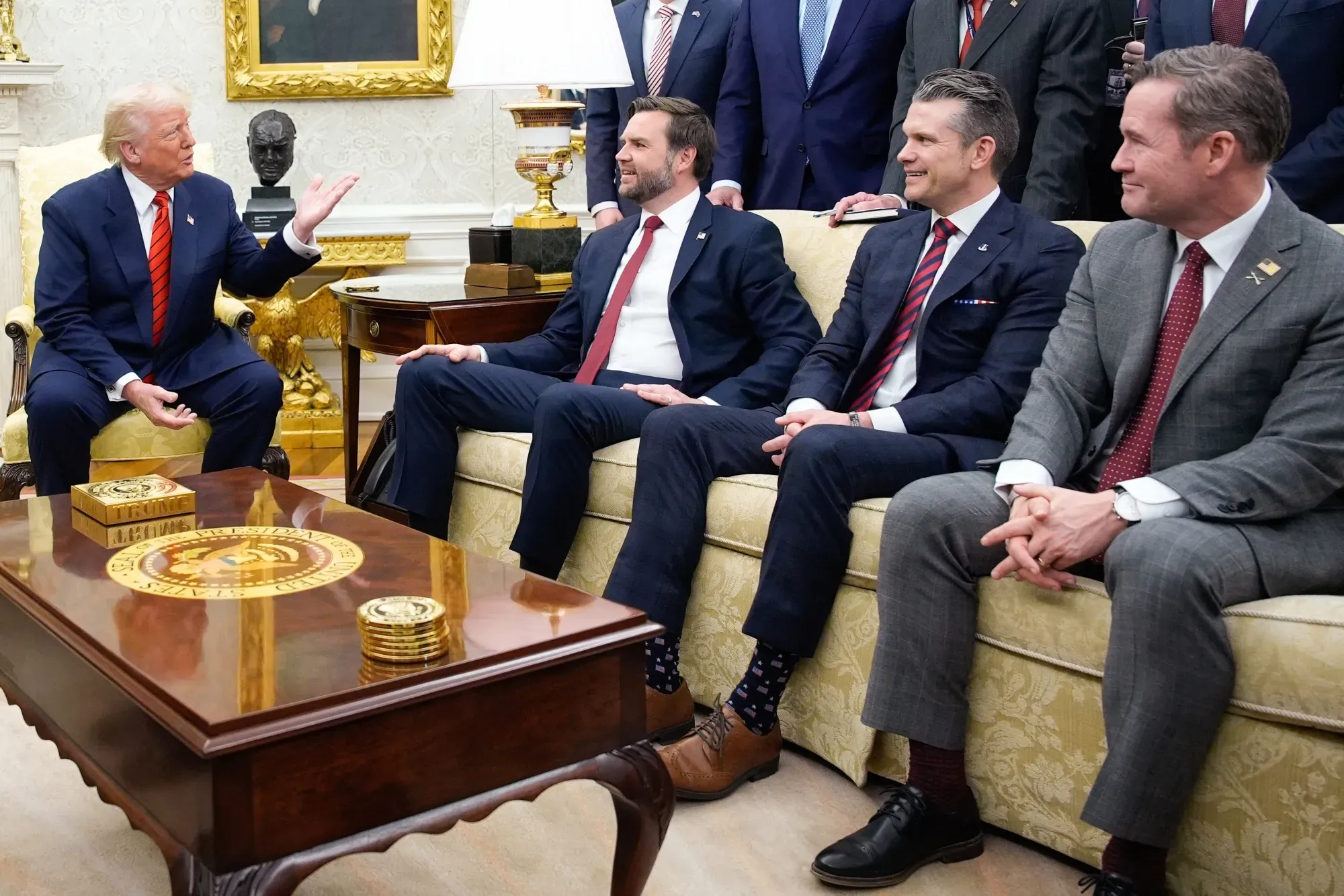
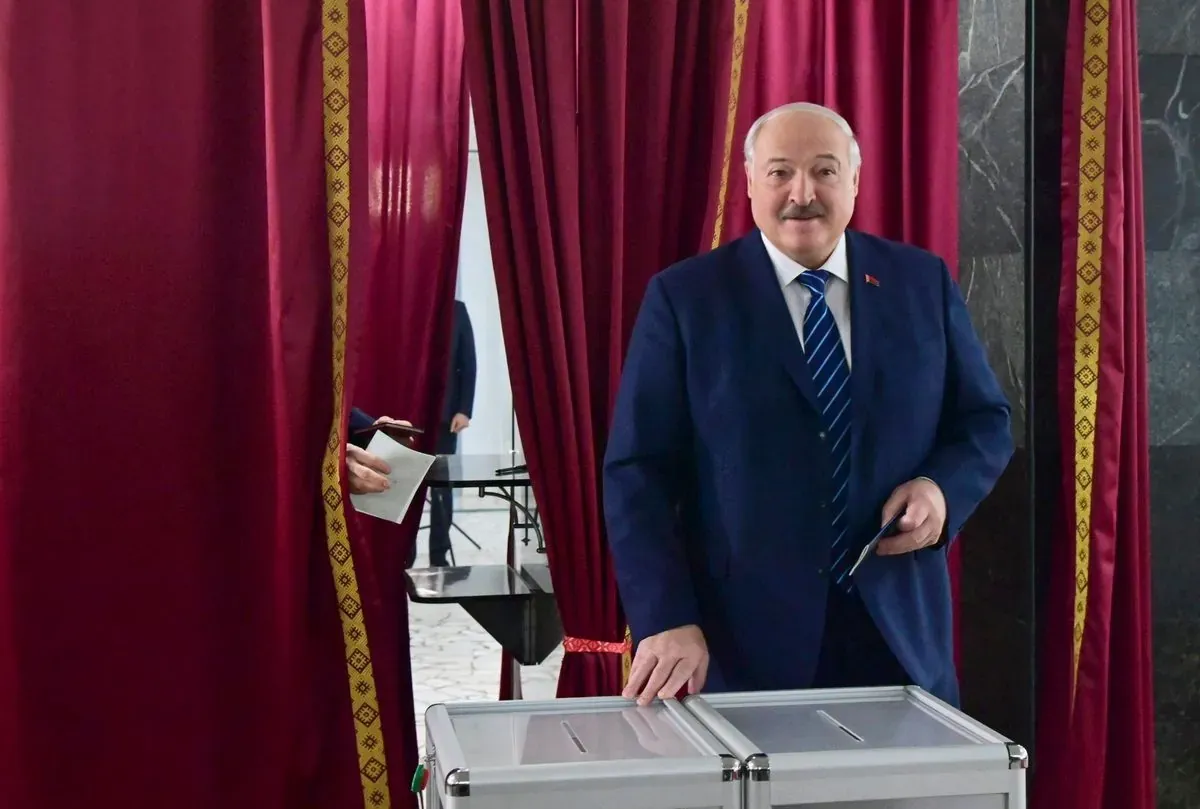

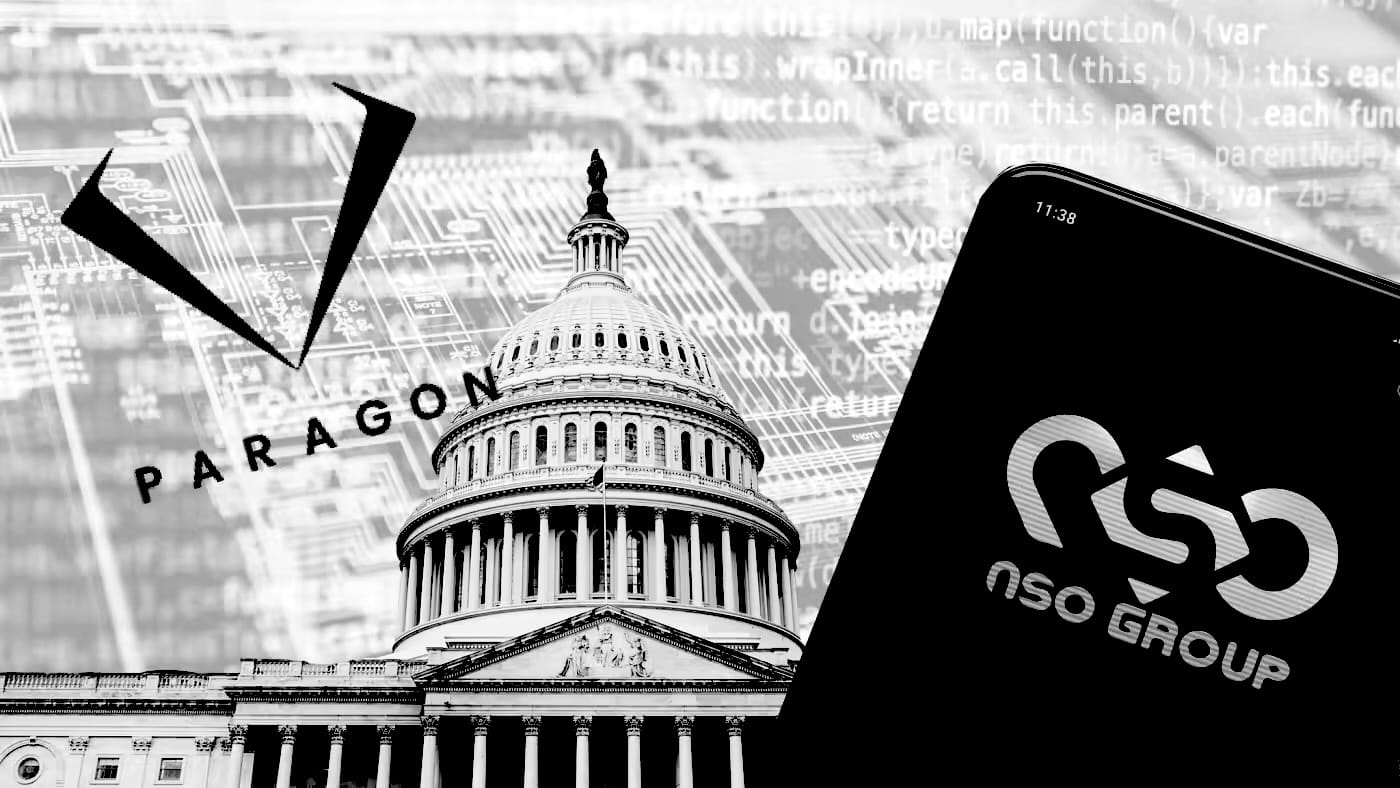
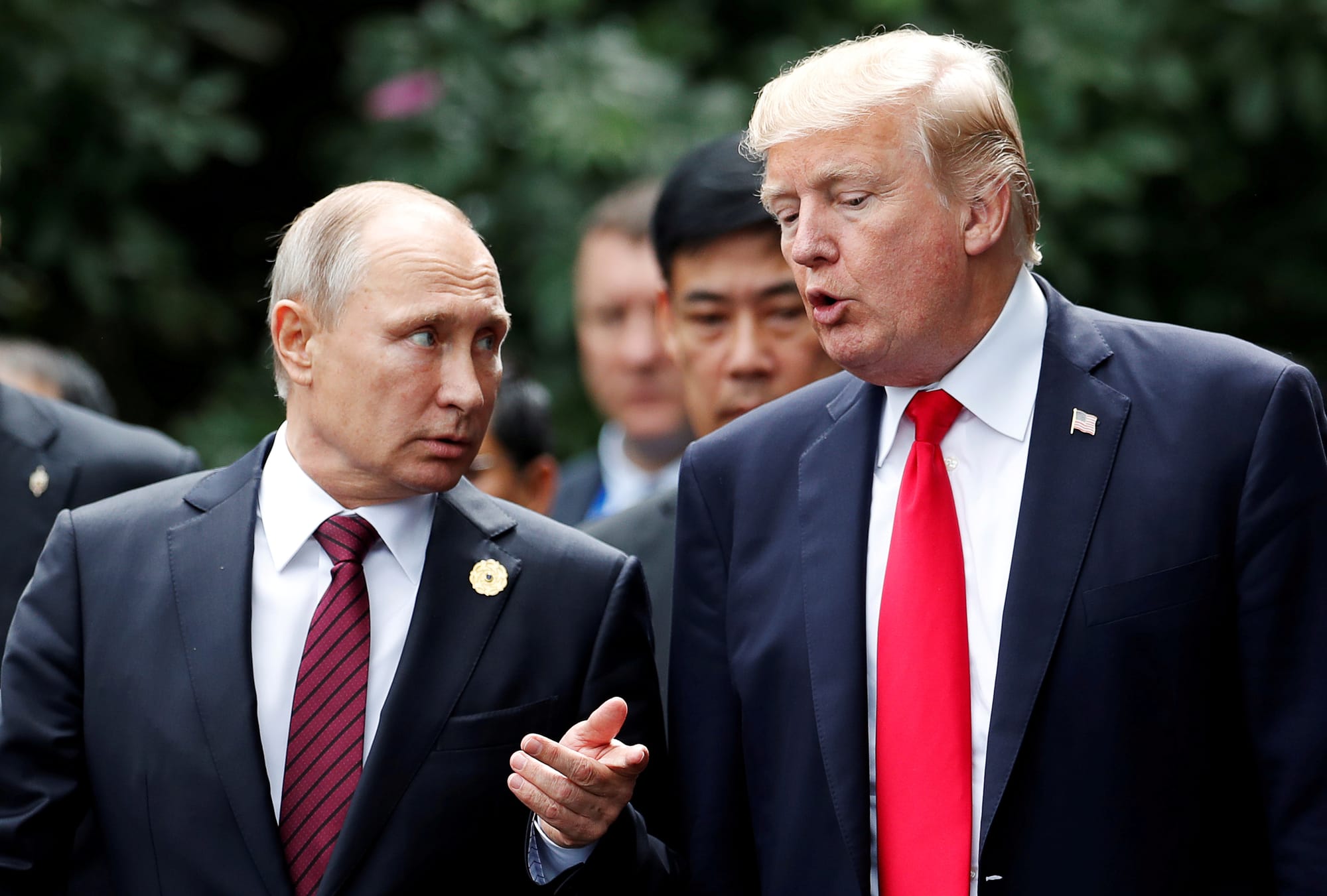
Discussion